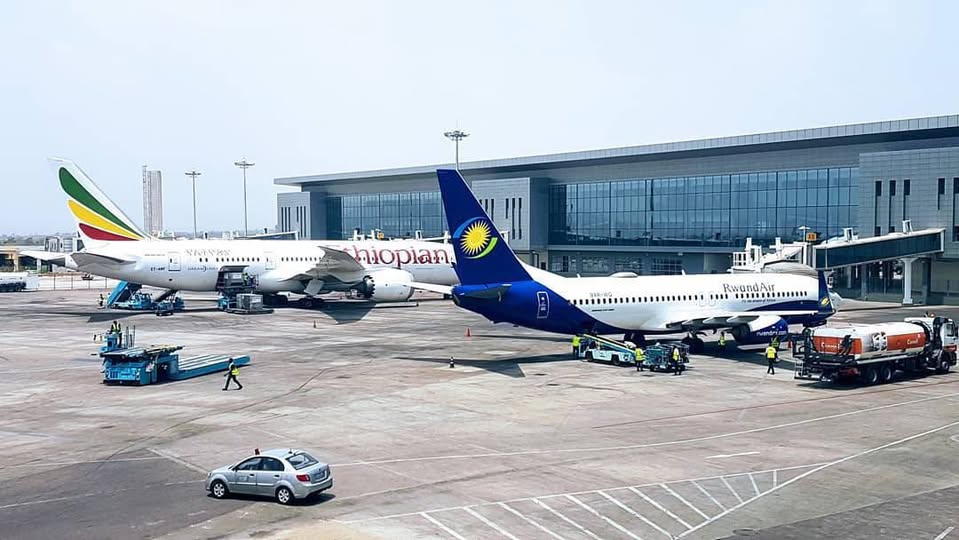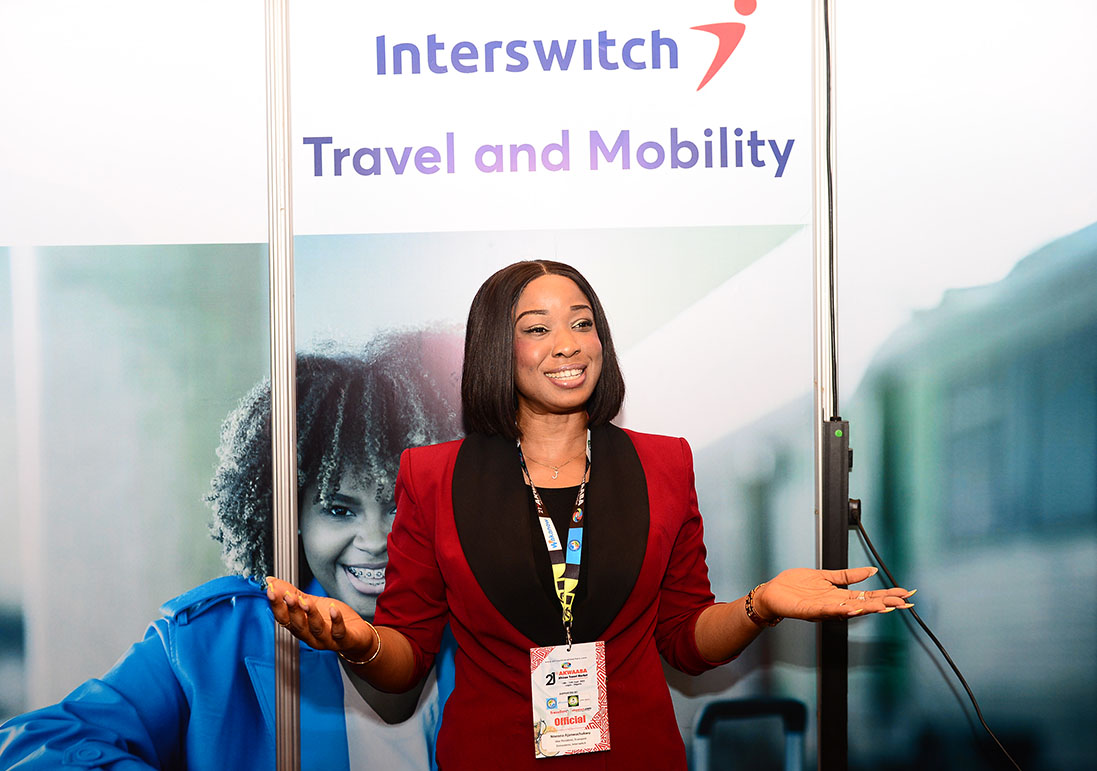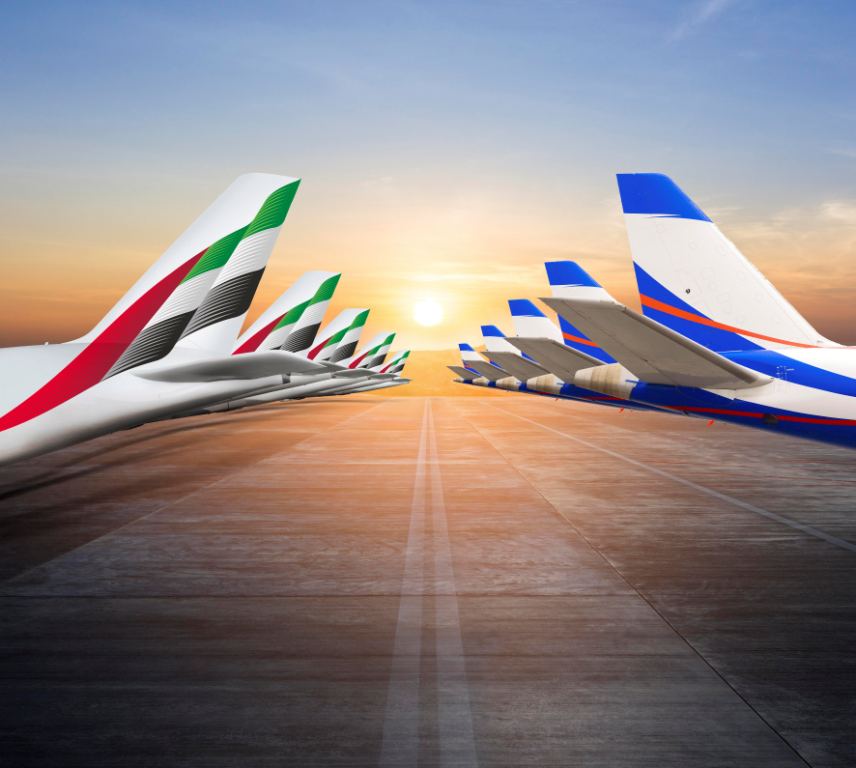Travel/Tourism
Is Africa’s Travel and Tourism Industry Properly Marketed

By Rachel Irvine
When it comes to boosting Africa’s economic growth, tourism is among the lowest of low-hanging fruit. The continent is home to some of the most spectacular landscapes on the planet, offers unparalleled wildlife experiences, and has an incredibly diverse array of cultures and heritages. You could spend a lifetime exploring it and still encounter new things every day.
Building up a tourism industry also means bringing in foreign currency, helping to stabilise economies and reduce the reliance on other export sectors. That’s to say nothing of the many direct and indirect jobs it creates, which are so desperately needed in countries across the continent.
Of course, many African countries have recognised the potential of tourism and have mature tourism industries which contribute significantly to their economies. According to Statista, tourism added approximately $182.6 billion to Africa’s overall gross domestic product (GDP). But the sector could be much bigger too. According to a report by the World Travel & Tourism Council (WTTC), in collaboration with VFS Global, the African Travel & Tourism sector could bring in an additional $168 billion to the continent’s economy and create over 18 million new jobs over the next decade. Effective marketing and communication will be critical to its ability to do so.
Growing competitiveness in global tourism
On the face of it, that might sound strange. Those of us who know the continent and who have experienced even a fraction of what it has to offer are already sold on it. A part of us might even believe that the continent should sell itself.
But for many of the world’s biggest travel markets, travelling to Africa requires at least one long-haul flight, if not more. That means people have to spend significant amounts of time and money to get there. While at the extreme end of things, a direct flight from New York to Cape Town means spending close to 15 hours in the air, for instance.
That means even countries with well-established tourism sectors must work hard to keep people coming back. Those with emerging tourist industries, meanwhile, must work even harder to entice visitors in the first place. Crucially, African countries are having to put this work in at a time when the global tourism space is more competitive than ever.
Countries that weren’t previously thought of as tourism hotspots and which are much closer to key markets have become seriously competitive players in recent years. Montenegro, for example, saw a 7% year-on-year increase in tourist visits in June, following a 5.1% increase the month before. It also happens that Londoners can reach its spectacular coastline with little more than a three-hour flight.
The right marketing matters
If African countries are to be competitive in that kind of landscape, it’s therefore critical that they market themselves effectively. That means telling the right kind of stories to the right kinds of people, on the right channels, at the right time.
But it also means recognising that today’s travellers and their needs are more diverse than ever. Trying to sell your country purely on stunning sunsets over the savannah or unspoiled, sandy beaches just isn’t going to cut it anymore. Make no mistake, those kinds of things are still important drawcards, but for country tourism boards in particular, appealing to urban sophisticates and foodies is just as important as appealing to nature lovers and adventurers.
While specific destinations can afford to be a little more focused, they shouldn’t shy away from demonstrating their diversity. How could a Cape Town hotel or Kenyan lodge, for instance, convince families that there is as much to attract their 17-year-old thrill-seeker son as there is for their more culturally inclined 75-year-old grandmother? How can they appeal to group, solo, and family travellers simultaneously? And what about the business travellers who increasingly tack on a few days of leisure to their travels?
The right partners matter
The key to getting that diverse appeal right is identifying and engaging with the right marketing partners. That means finding partners that understand which traveller archetypes you’re most likely to appeal to and how to reach them. But it also means finding partners that understand and have feet on the ground in your most lucrative target markets.
These partners should be able to tell your ever-evolving story in ways that mean you’re not just an option but somewhere they yearn to visit, high up at the top of their bucket list. They should demonstrate that they can evolve with you and take the strategic lead wherever necessary.
Of course, there are other things – such as improvements in infrastructure, visa facilitation, and intra-African flights – which would all make a tangible positive impact on Africa’s tourism sector. But the best way to get action on those things is to build up demand and nothing creates demand like effective marketing.
Rachel Irvine is the CEO of Irvine Partners
Travel/Tourism
FAAN Launches Energy Efficient Shuttle to Support Abuja Airport

By Adedapo Adesanya
The Federal Airport Authority of Nigeria (FAAN) has unveiled 30 airport electric shuttle which will be used to complement airside and landside logistics.
The shuttle, which comprises 10 vehicles and 20 saloon cars, will cost N10,000 per passenger from the Nnamdi Azikiwe International Airport, Abuja to the City Centre.
Speaking at the event, the governing board chairman of FAAN, Mr Abdullahi Ganduje, said: “Electric vehicles offer clear operational and environmental benefits. They are cleaner, quieter and more energy-efficient, significantly reducing carbon emissions and helping FAAN minimise its ecological footprint. Their use will contribute to healthier airport environments and a more comfortable work and travel experience.
“From a logistics standpoint, electric vehicles also enhance monitoring, coordination and compliance. Their predictable performance and lower maintenance demands improve operational planning, accountability and service reliability. Ultimately, this translates into more efficient, transparent and passenger-friendly services.
“This initiative directly supports global sustainability targets, including International Civil Aviation Organisation’s goal of achieving net-zero carbon emissions by 2050. By embracing electric mobility, FAAN is positioning Nigerian airports to remain competitive, responsible and future-ready.”
Mr Ganduje pledged the commitment of the board to ensure that the initiative is utilised, maintained, and expanded to other airports in the country.
On her part, the managing director of FAAN, Mrs Olubunmi Kuku noted that the agency has secured approval to deploy 100 electric vehicles to operate as airport shuttles at Lagos and Abuja airports.
“We have secured approval to deploy 100 Electric Vehicles (EVs) to operate as airport shuttles at both Murtala Mohammed International Airport, Lagos, and Nnamdi Azikiwe International Airport, Abuja. It is a monumental step towards greening our operations and reducing our carbon footprint.”
“We proudly begin this journey with the first phase: the launch of these 10 state-of-the-art electric shuttle buses. They represent more than just transport; they symbolise cleaner air, quieter terminals, and a to pioneering sustainable infrastructure in Nigerian aviation”.
She expressed optimism that the initiative would be replicated across all airports in the country.
The head of Fleet Operations of Possible EVS, Mrs Abimbola Gyer while stating that the transport fare would be subsidised for passengers, added that operations would commence from 7am to 7pm daily.
“We partner with NEV Electric, the manufacturer of the electric buses. We would be moving passengers from the airport to the city centre at the rate of N10,000 and as demand continues, we will expand our hub. The operations will start from 7 a.m. to 7 p.m daily,” she noted.
Travel/Tourism
Quickteller Travel Secures IATA Certification

By Modupe Gbadeyanka
The travel and tourism service powered by Interswitch, Quickteller Travel, has been issued a certification from the International Air Transport Association (IATA).
With IATA certification, Quickteller Travel is now fully equipped to connect African travellers to global destinations, support airlines and partners with reliable distribution and settlement, and set a new standard for trusted, digitally enabled travel across the continent.
The IATA accreditation reinforces Quickteller Travel’s operational credibility, compliance standards, and ability to deliver secure, efficient, and globally recognised travel services.
It also strengthens the platform’s positioning as a reliable partner for airline bookings, corporate travel management, and end-to-end travel solutions across Africa and beyond.
The certification is a milestone that places the brand among a global network of trusted and accredited travel service providers.
This achievement comes at a time when Africa’s travel and tourism sector is experiencing renewed growth, driven by increased business travel, regional connectivity, and digital adoption.
With IATA certification, Quickteller Travel is poised to offer individuals, SMEs, corporate organisations, airlines, and other travel stakeholders a seamless digital experience, supported by Interswitch’s trusted payment infrastructure.
Integrated into the broader Quickteller and Interswitch ecosystem, Quickteller Travel combines global accreditation with local insight, offering African travellers and businesses a secure, seamless, and digitally empowered experience.
The Vice President for Transport Ecosystem at Interswitch, Ms Nnenna Ajanwachuku, said, “The IATA certification is a strong validation of Quickteller Travel’s operational standards, governance, and commitment to excellence. It enhances trust for travellers, corporate partners, and global airline stakeholders who rely on accredited platforms for secure and transparent travel transactions.
“For Interswitch, this milestone reinforces our mission to build technology-led solutions that unlock access, simplify commerce, and connect Africa to the global economy.”
Ms Ajanwachuku added that the approval would enable Quickteller Travel to deepen partnerships with airlines and travel service providers while offering customers greater confidence, choice, and value.
“Quickteller Travel is not just a booking platform; it is part of an ecosystem designed to make travel more accessible, reliable, and digitally enabled for Africans. Powered by Interswitch’s heritage of trust and innovation, we are building a platform that meets global standards while responding to local travel needs,” she said.
Travel/Tourism
Emirates, Air Peace Enhance Seamless Global Connectivity

By Modupe Gbadeyanka
Two key players in the Nigerian aviation industry, Emirates and Air Peace, have activated a bilateral interline agreement aimed to expand air connectivity between Africa, the United Arab Emirates (UAE), and London.
The two airline operators are building on their existing partnership to offer their passengers frictionless, single-ticket travel and with through-checked baggage, on select routes, resulting in greater travel comfort and convenience for customers.
Beyond the 13 cities in Nigeria already available for Emirates passengers on Air Peace’s network, the enhanced interline agreement now enables travellers to connect with Banjul in Gambia and Dakar in Senegal, both via Abidjan; and with Freetown in Sierra Leone and Monrovia in Liberia, both via Accra. The additional gateways allow more passengers in Africa to access Emirates world-class product and services, and vast global network.
The agreement allows Air Peace to connect its extensive West and Central African route system into Emirates’ hub in Dubai, and on key destinations including London Heathrow, London Gatwick and London Stansted, Abidjan, Accra and, of course, Lagos.
With huge demand for travel between Nigeria and the United Kingdom, providing Air Peace passengers with increased choice, flexibility, and global reach.
Emirates operates a Boeing 777-300ER on its Dubai-Lagos route, providing travellers with one of the best experiences in the sky.
Passengers can dine on regionally inspired multi-course menus developed by a team of award-winning chefs complemented by a wide selection of premium beverages, while tuning in to over 6,500 channels of global entertainment – including Nollywood classics – on ice, Emirates’ award-winning inflight entertainment system.
As one of only two airlines operating a First Class cabin into Nigeria, Emirates offers an unrivalled travel experience defined by comfort, privacy and luxurious touches.
With a fleet of over 50 aircraft including Boeing 777s, Boeing 737s, Embraers, Air Peace operates an expanding network of domestic, regional, and international services, connecting major cities across Africa and beyond.
The airline remains committed to strengthening intra-African connectivity, supporting trade and tourism, and contributing meaningfully to economic development across the continent.
“Enhancing our interline partnership with Air Peace allows us to expand our footprint across more of Africa, creating new opportunities for people to fly better with Emirates, while helping international tourists explore more of the region, via Lagos.
“We remain committed to working with strategic partners such as Air Peace to further strengthen Nigeria’s aviation, tourism and trade sectors,” the Chief Commercial Officer for Emirates, Mr Adnan Kazim, said.
His counterpart at Air Peace, Nowel Ngala, while commenting, said, “This interline agreement with Emirates represents a major step in Air Peace’s strategic vision to connect Africa more efficiently to global markets.
“By combining our strong regional presence with Emirates’ extensive international network, we are delivering seamless connectivity, improved travel experience, and greater access to key global destinations for African travellers. This partnership further reinforces Air Peace’s role as a critical bridge between Africa and the global aviation ecosystem.”
-

 Feature/OPED6 years ago
Feature/OPED6 years agoDavos was Different this year
-
Travel/Tourism9 years ago
Lagos Seals Western Lodge Hotel In Ikorodu
-

 Showbiz3 years ago
Showbiz3 years agoEstranged Lover Releases Videos of Empress Njamah Bathing
-

 Banking8 years ago
Banking8 years agoSort Codes of GTBank Branches in Nigeria
-

 Economy3 years ago
Economy3 years agoSubsidy Removal: CNG at N130 Per Litre Cheaper Than Petrol—IPMAN
-

 Banking3 years ago
Banking3 years agoSort Codes of UBA Branches in Nigeria
-

 Banking3 years ago
Banking3 years agoFirst Bank Announces Planned Downtime
-

 Sports3 years ago
Sports3 years agoHighest Paid Nigerian Footballer – How Much Do Nigerian Footballers Earn












